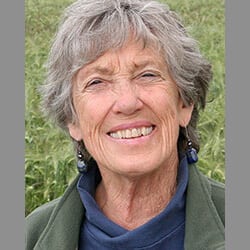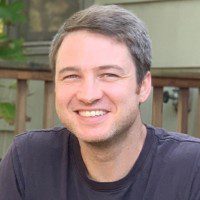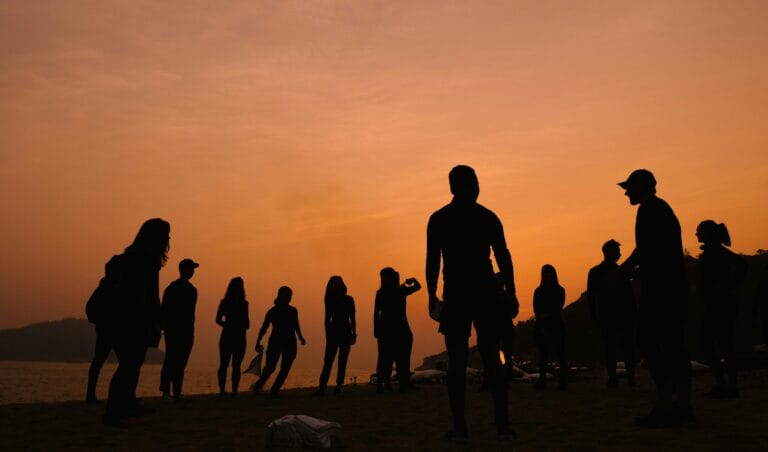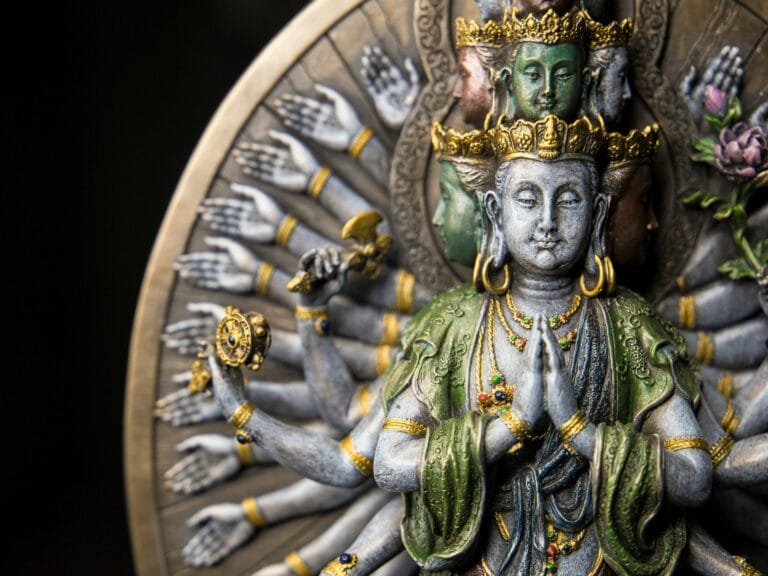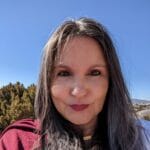Since its inception in 1970, the annual celebration of Earth Day on April 22nd has been a call to respond to the growing ecological crisis. As the 44th anniversary approaches, the urgency of that call has only grown. But practitioners often ask, “I am just one person so what can I do?”, “How can I know that my actions will make a difference?” or “Isn’t it too late?” In the face of a challenge as ominous as global climate change, it can be difficult to experience and sustain our own power. Joanna Macy and the Work that Reconnects offer skillful means.
Eco-philosopher Joanna Macy, PhD, is a scholar of Buddhism, general systems theory, and deep ecology. A respected voice in movements for peace, justice, and ecology, she interweaves her scholarship with five decades of activism. Joanna is the author of eight books, including Active Hope, and the root teacher of the Work That Reconnects, a transformation framework for confronting personal, communal and global challenges.
The Work that Reconnects, now a collaborative workshop methodology, deeply informs the intention and theory-of-change at One Earth Sangha. Specifically, we are inspired to
- View our response to global climate change as practice, both inner and outer. We aspire to manifest the compassion and wisdom of the Buddhadarma in service of life.
- Recognize and emphasize the role of Sangha as essential to transforming our situation and sustaining our well-being along the way.
In recognition of one of our most powerful teachers and of the work that she and others have developed, we dedicate this, our first celebration of Earth Day as One Earth Sangha, to Joanna Macy and the Work That Reconnects.
Approaching 85 years old, Joanna offers us a body of work that is vast and luminous. To give you a sense of her person, her great heart and mind, we offer two pieces. First is an excerpt (less than 7 minutes) of a 2009 conversation with filmmaker Leanne Allison wherein Joanna clarifies that uncertainty can actually be our ally.
We follow with a 2012 interview from Tricycle Magazine illuminating how we can respond to the ecological crisis without getting trapped by despair, hatred or overwhelm. We, the aspiring Bodhisattvas, can begin with seeing and honoring all that arises within in us as part of our belonging, as part of our love for this world.
Conversation with filmmaker Leanne Allison in 2009
Interview with Tricycle Magazine’s associate editor Sam Mowe in 2012
You can learn more about Joanna Macy and the Work that Reconnects at workthatreconnects.org.

